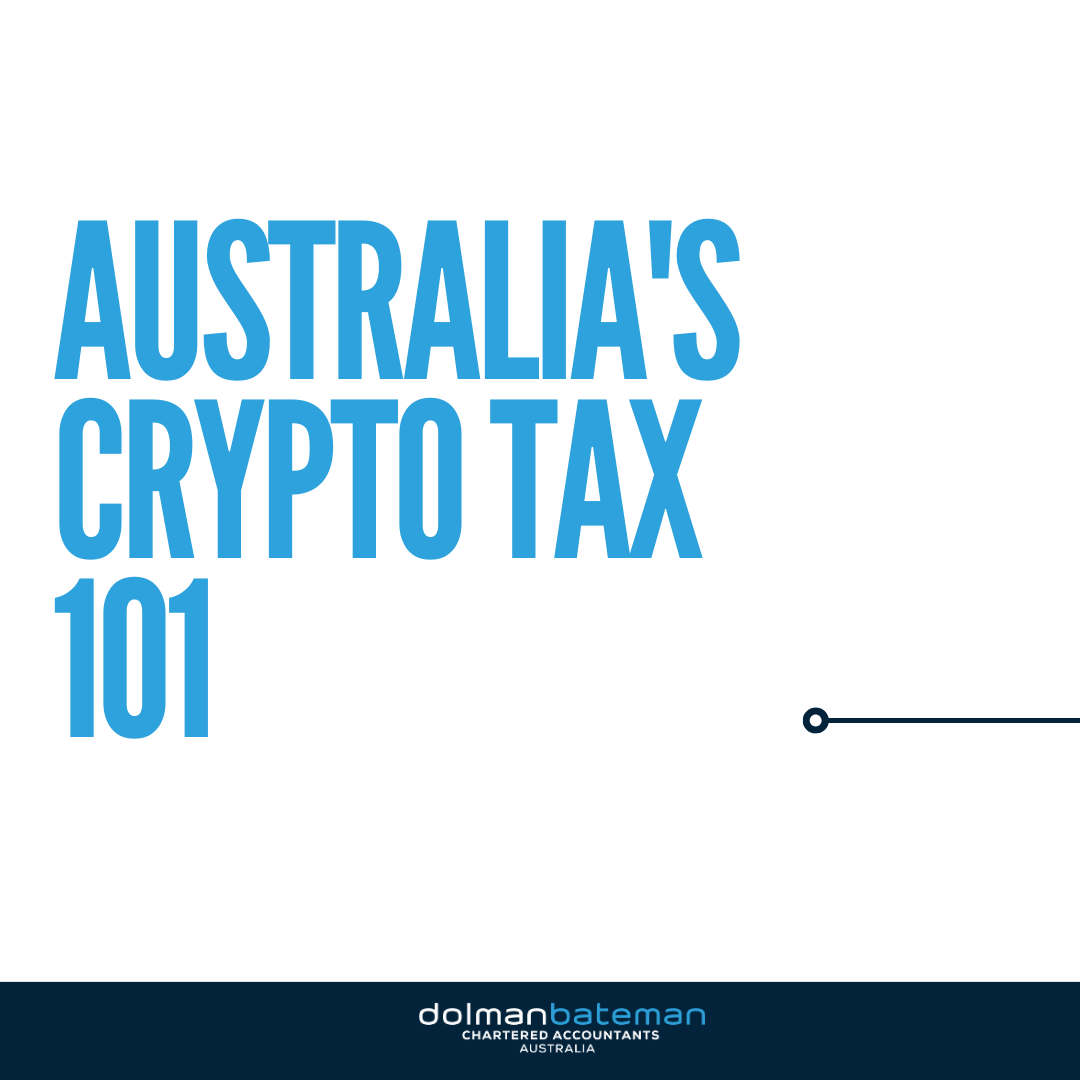What is Cryptocurrency? Cryptocurrency is a type of digital or virtual currency that uses...
Australia's Crypto Tax 101

While these digital assets offer numerous benefits, such as decentralised transactions and borderless financial services, they also bring about a new set of challenges, one of which is taxation. Australia, known for its innovative approach to technology and finance, has not shied away from addressing this issue.
Let’s delve into the basics of Australia's crypto tax landscape and help you understand your tax obligations in this digital frontier.
Cryptocurrency taxation in Australia is primarily governed by the Australian Taxation Office (ATO). The ATO considers cryptocurrencies as a form of property rather than legal tender, subjecting them to capital gains tax (CGT) implications.
Personal Use Assets: If you use cryptocurrency for personal use and the value of the transaction is less than AUD 10,000, it may be exempt from capital gains tax. This exemption applies when using crypto for purchasing goods and services.
Investment and Trading: When you acquire cryptocurrencies for investment purposes, any gains made from selling or exchanging them are subject to capital gains tax. The tax is calculated based on the difference between the purchase and sale price of the cryptocurrency.
Holding Period: If you hold the cryptocurrency for more than 12 months before selling or exchanging, you may be eligible for a 50% CGT discount. This means only half of the capital gain is subject to tax.
Mining and Staking: Mining cryptocurrencies or earning rewards through staking also have tax implications. The value of the coins earned is considered taxable income at the time they are received.
Initial Coin Offerings (ICOs): If you participate in an ICO, the tokens received are subject to tax at the time of receipt. The tax is calculated based on the market value of the tokens at that time.
Crypto-to-Crypto Transactions: Exchanging one cryptocurrency for another is considered a taxable event. The capital gains or losses are calculated based on the market value of both cryptocurrencies at the time of the exchange.
To accurately report your crypto transactions and calculate your tax liability, it's crucial to maintain detailed records. This includes records of dates, transaction amounts, transaction parties, and the Australian dollar value of the cryptocurrency at the time of the transaction. Online wallets, exchange statements, and transaction history are valuable sources of information to keep track of.
When it comes to tax reporting, cryptocurrency transactions need to be included in your income tax return. The ATO provides specific guidance on how to report your crypto activities. If you're unsure about how to properly report your transactions, seeking professional advice from a tax accountant with expertise in cryptocurrency taxation is recommended.
Australia's approach to cryptocurrency taxation reflects the country's commitment to adapt to the changing financial landscape while ensuring compliance and fair taxation. As the crypto space continues to evolve, it's important to stay informed about any updates or changes in tax regulations. This blog has been prepared for the purposes of general information and guidance only. It should not be used for specific advice or used for formulating decisions under any circumstances. If you would like specific advice about your own personal circumstances, please feel free to contact us on 02 9411 5422. We can help make sure the right method is used to give you the maximum possible tax deduction associated with any of these methods.
This blog has been prepared for the purposes of general information and guidance only. It should not be used for specific advice or used for formulating decisions under any circumstances. If you would like specific advice about your own personal circumstances, please feel free to contact us on 02 9411 5422. We can help make sure the right method is used to give you the maximum possible tax deduction associated with any of these methods.



